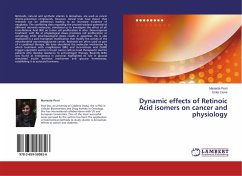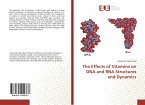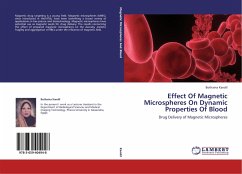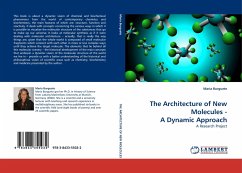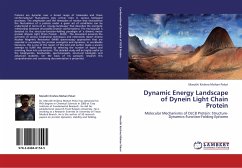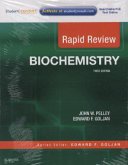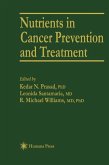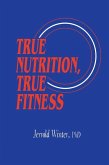Retinoids, natural and synthetic vitamin A derivatives, are used as cancer chemo-preventive compounds. However, clinical trials have shown that retinoids can be deleterious leading to an increased incidence of neoplasias. The conflicting data regarding the pro/anti-oxidant potential of different retinoids molecules, stimulated us to investigate the effect of all-trans-Retinoic Acid (RA) on tumor cell proliferation in vitro. Dose-response treatment with RA at physiological doses promotes cell proliferation or autophagy while pharmacological doses results in apoptosis. RA is also implicated in a post-translation modification that modify the activity of the mitochondrial oxo-chetoglutarate carrier. Retinoids are often used as part of a combined therapy. We have elucidated the molecular mechanism by which treatment with rosiglitazone (BRL) and 9-cis-retinoic acid (9cRA) triggers apoptotic events in breast cancer cells as novel therapeutic tool for patients who develop resistance to anti-estrogen therapy. Recently 9cRA was found as endogenous in pancreas highlighted its rule in glucose stimulated insulin secretion mechanism and glucose homeostasis, establishing it as autocoid hormone.
Bitte wählen Sie Ihr Anliegen aus.
Rechnungen
Retourenschein anfordern
Bestellstatus
Storno

